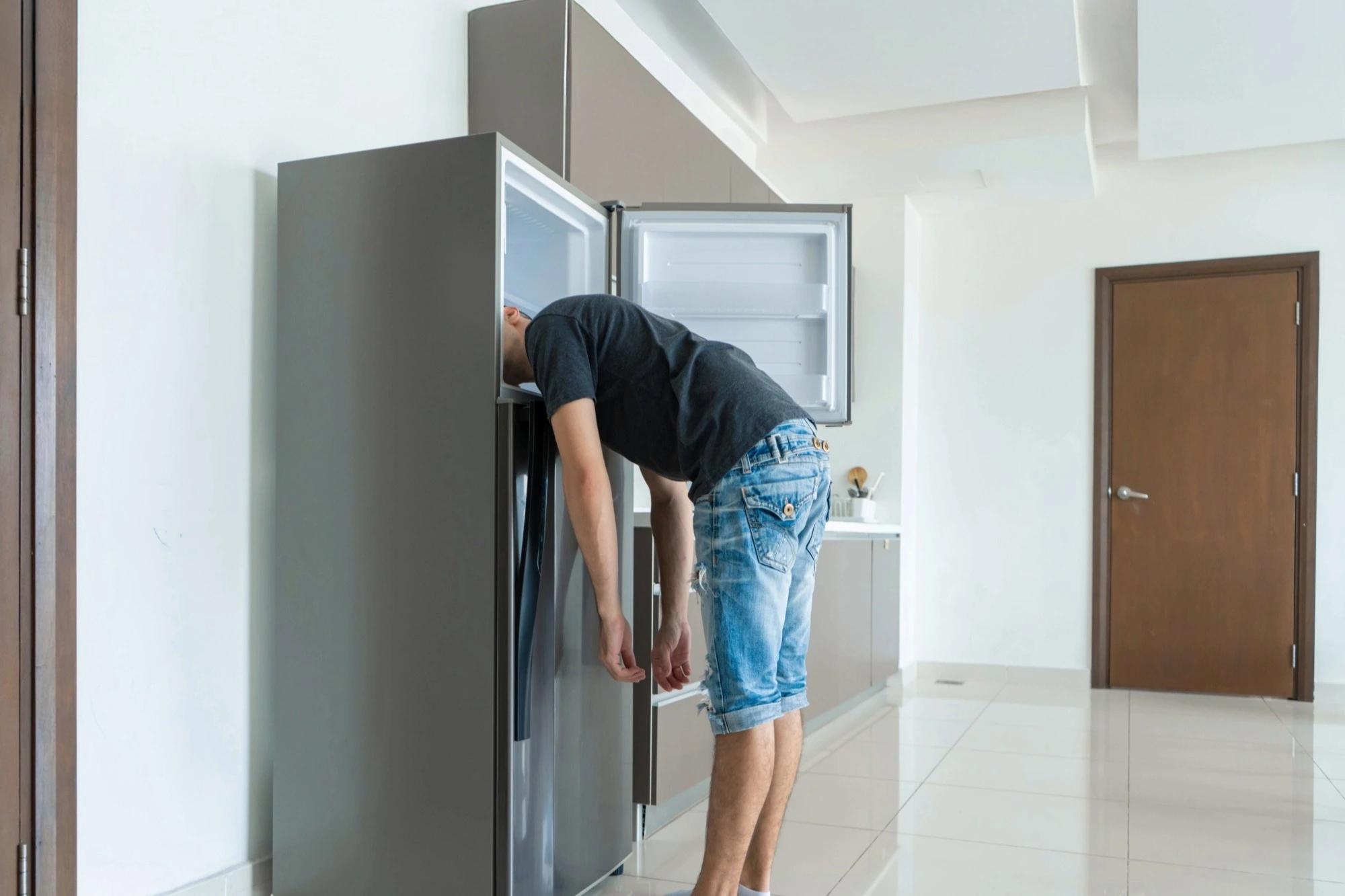
The No Cool Checklist
- Home
- The No Cool Checklist
The No Cool Checklist
From Charter Home Comfort
Why We Made This No-Cool Checklist
When your A/C stops cooling, it is easy to wonder if something is seriously wrong. The good news is that sometimes it is just a small, simple thing you can catch yourself.
That is why we put together this checklist. It helps you rule out the common issues before scheduling a service call.
Our goal is to help you keep your home comfortable and running smoothly. If this checklist solves the problem, great. If not, we are ready to help when you need us.
Step 1: Understand What Is Actually Cooling Your Home
Most Michigan homes are cooled with a combination of two systems working together:
- Air Conditioner (A/C): The outdoor unit that removes heat from your home
- Furnace Blower: The indoor fan that moves cool air through your ducts
Even though it is summer, your furnace blower runs to circulate cool air. If the furnace fan is not running, your A/C cannot cool your home.
Step 2: Go Through This Checklist Before You Call
-
Do You Actually Have Central Air?
It sounds simple, but not every home has central A/C. Some homes only have a furnace and fan. If there is no outdoor unit, there is no central air.
Not sure? Call us. We will help you confirm.
-
Is the Winter Cover Still on the Outdoor Unit?
Your outdoor A/C needs airflow to work. If it is wearing its winter cover, it is suffocating. No airflow means no cooling.
Remove the cover before running the system.
-
Is the Power to Your A/C Turned On?
Look for a light switch near your furnace. It looks like a normal light switch, but it controls power to the A/C, not a light.
If it is off, the A/C will not run. Flip it on and leave it on.
-
Check Your Breakers
Go to your breaker panel.
Look for labels like A/C, Air Conditioner, or Furnace. These are often 20 to 30 amp breakers.
Are they on? If something is off, flip it back on.
Still using fuses? If you are unsure how to check them, call us.
-
Check Your Thermostat Settings
- Mode: Set it to COOL
- Temperature: Set it at least 3 degrees lower than your current room temperature.
Example: If it is 75°F inside, set it to 72°F or lower. - Fan Setting:
- AUTO: Fan runs only when cooling
- ON: Fan runs constantly but does not cool
-
Inspect the Outdoor Unit
Look at the outdoor A/C unit.
- Is it clear of weeds and debris? Leave at least 12 inches of space.
- Is the fan spinning? You should hear a soft hum and airflow.
If you hear rattling, grinding, buzzing, or anything that sounds like bad car brakes, turn it off immediately and call us.
-
Check Your Airflow Inside the Home
- Are all vents open?
- Is your furnace filter clean?
A dirty filter restricts airflow and can cause your system to freeze up. Change filters monthly during the heavy cooling season. It is a cheap prevention.
-
Do You See Ice on the Pipes?
Inspect the pipes near your furnace or air handler.
If you see frost or ice, turn off the system immediately and call us. Frozen pipes often mean poor airflow or refrigerant problems.
Step 3: What Is Normal for Cooling
Your A/C is designed to cool your home about 20 degrees below the outdoor temperature.
If it is 95°F outside, 75–78°F inside is normal.
Setting it to 60 will not cool faster. It can freeze the system.
Step 4: Maintain Your System to Prevent Problems
Prevent no-cooling issues with regular care:
- Change your filters regularly
- Keep your outdoor unit clear
- Schedule yearly maintenance
See our Maintenance Plans to help protect your system and your comfort.
Still Not Cooling? Call Charter Home Comfort
You have gone through the checklist. If your home still is not cooling, it is time to bring in the professionals.
If you are unsure about any step or feel uncomfortable checking electrical or mechanical parts, stop and call us.
Call 586-463-3823
We will diagnose the issue, fix it right, and keep you comfortable.
Heat Pump? This Checklist Still Applies
Heat pumps are becoming more common in Michigan.
They cool like A/Cs in summer, heat efficiently in cooler weather, and switch to your furnace when it is too cold outside. That is called a dual fuel system.
If you have a heat pump with a furnace, this checklist still applies. Same steps, same results.
Not sure what you have? Call us. We will help you figure it out.
